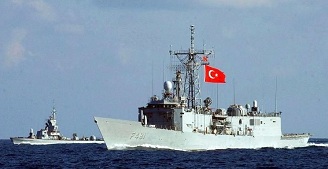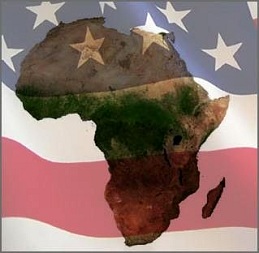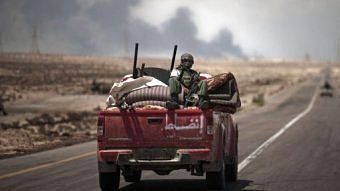Israel Better Think Twice
As the rift between Israel and Turkey deepens, the Israeli media is preparing its crowd for another possible exciting bloody conflict.
Israel’s leading news outlet Ynet, published yesterday a detailed comparison between Israel’s and Turkey’s military capacity - it outlines the size of the air force, navy, ground forces in the respective countries. “Turkey”, it says, “posses much bigger navy but our air force is larger.’
I guess that this is what one would expect from Israel, a morbid collective driven by war enthusiasm and some bizarre craving for bloody conflict.
We have to remember, that at least on the face of it, this new emerging rift between Israel and Turkey, is not about land, oil or assets. It is all about apology. Relations between the two old allies have soured further in recent days after the publication of the UN investigation into Israel's murderous assault on a Turkish Mavi Marmara in high seas. In the attack nine peace activists were murdered; some of them were clearly executed in cold blood. Turkey demands Israel’s. apology. For some reason Israel failed to react. The meaning of it is simple. Israel prefers the prospect of a violent development instead of confronting its sin.
I will make myself as simple, short and clear just to make sure that the Israelis and their allies around the world understand how futile their agenda is.




























